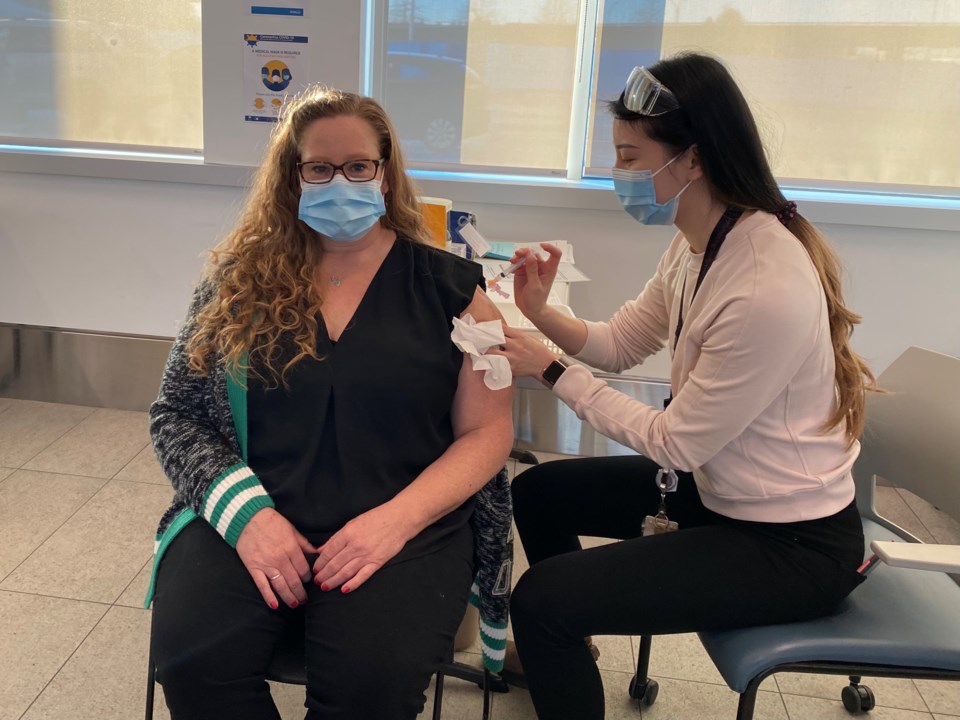There are a lot of dates we could point to as the moment the world changed. It could be the first diagnosed case of the coronavirus (not even called COVID-19 back then.) It could be the first diagnosed case of the coronavirus in our community. It could be the first death from coronavirus in Richmond/B.C./Canada.
But the date we’re going with is exactly one year ago today, March 11, 2020, the day the World Health Organization declared COVID-19 a pandemic.
That declaration kicked off a chain of events that turned most of our worlds upside down.
In my little world, that meant intense debate about whether my parents and daughter should go to Mexico at the end of the week as was planned. In hindsight, it’s a no-brainer, of course they shouldn’t have gone (and they didn’t.) But at the time, it wasn’t so clear.
My dad was insistent he was going, saying, “I’m 92, what’s the worst that can happen?”
Adding to the stress was the fact they didn’t have travel insurance, and at that point they were told they wouldn’t get a credit or refund if they didn’t show up. Thankfully, the travel industry did an about-face on that — but only hours before their flight was scheduled to leave.
In the Richmond News office, we were trying to get the paper out while planning to move our whole operation into our respective bedrooms, dining rooms and basements. It felt a bit like the Twilight Zone as we were suddenly thrown into a new, online work-at-home reality.
I may have heard of Zoom before that but had never used it and certainly didn’t have it set up on my desktop.
Once I got that organized, I realized my desktop didn’t have a camera anyway...hmmm, great, hurdle number one.
But while there were more than a few hurdles ahead, particularly around getting the technology set up, what was astonishing was how quickly we turned it around.
What’s more, we were not alone. While I’m proud of our team, teams around the world were doing exactly the same thing. And those teams were working with other teams.
Shortly after the pandemic was declared in Richmond the COVID-19 Task Force was struck, bringing people together from various sectors — education, business, police, the media and more. (See page 24)
As the task force co-chair Fan Chun said, “We’re in this together...we’ll only get out of this together.”
And while we’re not quite there yet, we are, indeed, slowly getting out of this. As we do, so we should do so with a sense of encouragement as to what’s possible when there is a singularity of purpose.
A couple days ago Prime Minister Justin Trudeau announced that today, March 11, would be a National Day of Observance, “to commemorate the people who lost their lives and the significant impacts we have all felt because of COVID-19.”
Indeed, we should commemorate those who have lost their lives and the significant impact of COVID-19. But the most meaningful commemoration is simply taking stock and learning from what went right — and wrong.
This was not humanity’s first existential crisis and it won’t be its last. More pandemics are sure to emerge and climate change is already here.
While it’s admirable the way people came together, the crisis also exposed foundational cracks in many of our systems. Any commemoration that doesn’t seek to make repairs to long-term care, in particular and economic inequality in general is commemoration only in name, because...
“A mistake repeated more than once is a decision.”
—Paulo Coelho



